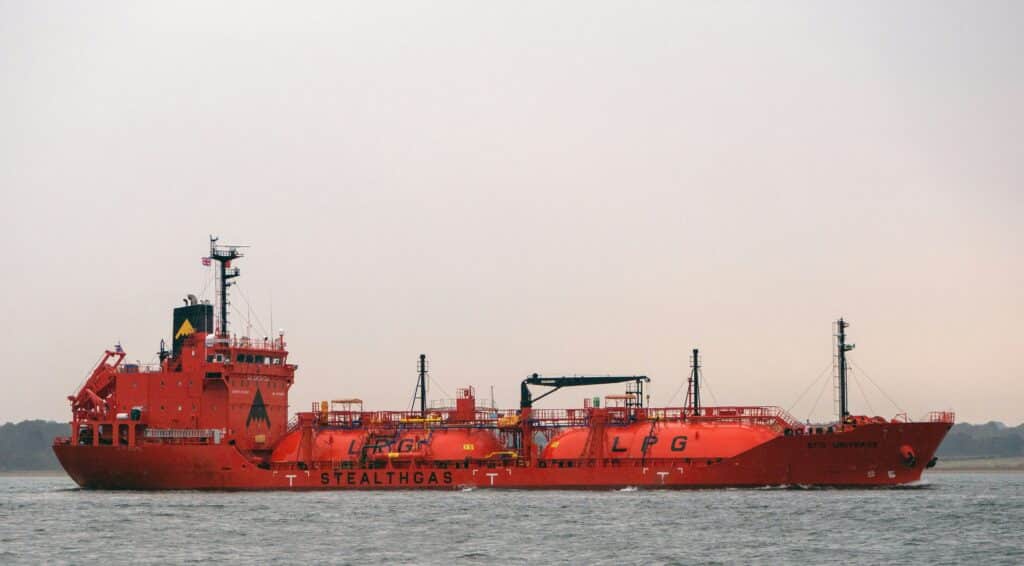On the 6th of July 2018, the Florence School of Regulation and Gas Infrastructure Europe (GIE) jointly organised a policy workshop dedicated to ‘The Value of Energy Storage in Supporting EU’s Security of Supply and Decarbonisation Goals’.
Gas storage was traditionally one of the main sources of seasonal flexibility, security of supply and the system value. However, as some studies show, the value of storage has been challenged in recent years due to the decreasing gas demand, narrowing summer/winter spread, greater pipeline flexibility and converging energy prices across Europe.
Energy storage becomes even more important as the need to integrate a higher ratio of variable renewable energy into the energy system grows. The changing role of storage in a climate-friendly energy system and the potential alternative technologies such as Power-to-Gas (P2G) were the topics of the first session chaired by Andris Piebalgs (FSR). In general, the participants agreed that the future energy system should be based on a more integrated approach such as sector coupling or sector integration linking both the electricity and gas sectors.
However, a more integrated approach might require some modifications to the current regulatory framework, which were discussed during the second session chaired by Lubor Veleba (GIE). Most participants agreed that all solutions should be market-based, but at the same time should ensure that the value of positive externalities created by gas storage is captured. Moreover, any potential regulatory changes need to be based on the principle of technology neutrality.
The workshop concluded with a discussion around the anticipated new Gas Package, expected to be released in 2020. The publication of 2020 Gas Package will be preceded with a number of significant events: the discussions on the new Long-Term Climate Strategy, the sector coupling study launched by the European Commission to be released in the first quarter of 2019 and the follow-up study on sector coupling to be finalised by the end of 2019. One thing is certain; the following months will be crucial for the future of the gas sector in Europe.







